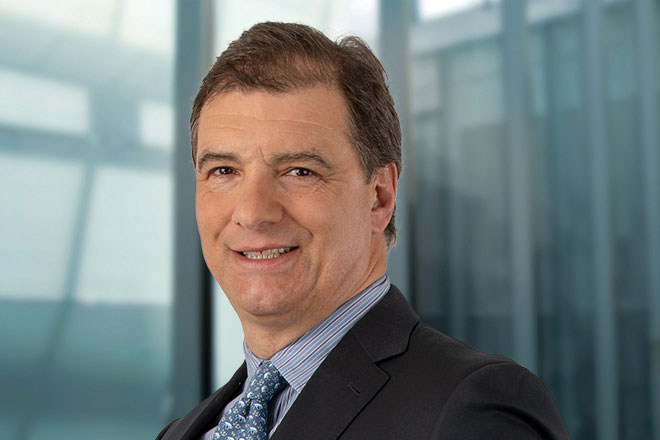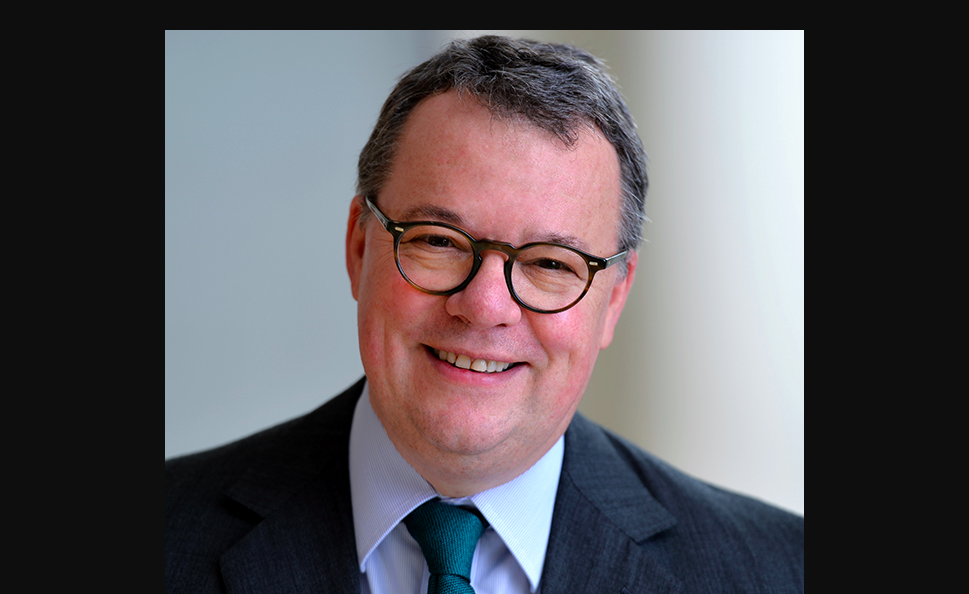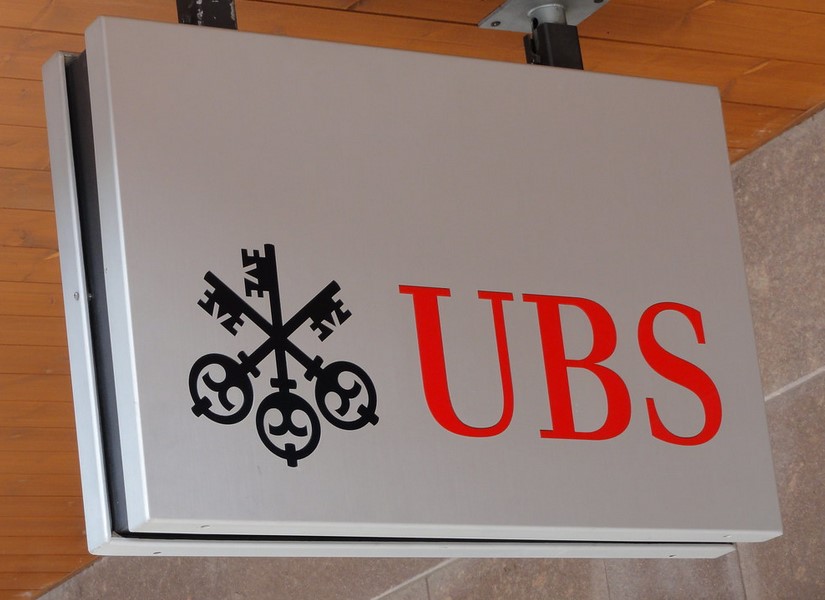Pictet Asset Management (Pictet AM) has been investing in environmental themes for more than two decades. In 2014, the firm decided it was time to step up their capabilities in terms of investing in environmental solutions. For this purpose, Pictet AM adopted the Planetary Boundaries framework. This framework was developed over a decade ago by by a group of 28 leading Earth System and environmental scientists led by Johan Rockström from the Stockholm Resilience Centre and Will Steffen from the Australian National University.
The Stockholm Resilience Centre (SRC) is an international research center on resilience and sustainability science that is a joint initiative between Stockholm University and the Beijer Institute of Ecological Economics at the Royal Swedish Academy Sciences.
What is the Planetary Boundaries framework?
The Planetary Boundaries framework evaluates the current human footprint for nine dimensions of planetary health, -including biodiversity loss, biochemical flows, chemical pollution, land-system change, freshwater use, ocean acidification, ozone depletion and atmospheric aerosol loading-. It then attempts to establish their safe operating space, in other words, how far each of these dimensions can change without risk of provoking sudden, irreversible damage to the environment.
According to Dr. Sarah Cornell, Research Scientist at the Stockholm Resilience Centre, the framework provides a summary overview of how the planetary system changes due to human activity. It is a scientific evaluation of long-term, large scale planetary dynamics and it points out several threats for humanity.
“The Planetary Boundaries framework flags a set of global sustainability critical issues. It is a compilation of the issues that collectively are changing Earth’s system dynamics most profoundly. There is a strong scientific consensus that we are already in a red alert state for several issues. The list of the nine processes and the fundamental justification of the Planetary Boundaries framework itself have turned out to be really robust over this decade of research and application, and actually quite a lot of debate,” explained Dr. Sarah Cornell.
The framework was launched in 2009, updated in 2015 and it is currently undergoing a new updating process. This time the priority among this international science network is to work hard on providing more clarity about the global importance of chemical pollution created by novel human made entities and ultra-fine particles in the atmosphere. The updates have been focusing on what could happen if current economic intensity on the nine dimensions of the Planetary Boundaries framework moved outside of the safe operation space for humanity. The 2015 update included space mapping with some preliminary analysis of interaction between the processes, and right now the SRC is much more focused on functional interactions, working on ideas like the nexus approach to understand the interactions among climate, biodiversity and resource use.
“For most of the Planetary Boundaries, we are not only already in the red alert state, we are also heading on the wrong trajectory. The human drivers of change are intensifying, they are entangling the risks. Even though, for many of the Planetary Boundaries, there is already a global policy consensus that action is needed now. So, the framework provides a long-term global view within our system and it sets today the rapid human changes into the context of non-negotiable dynamics, which are long-term. The precautionary boundaries are defined in terms of avoiding unwanted shifts in our system functioning. They should be considered as a global complement to local impact indicators, and not as a substitute for good practices and policies to deal with local sustainability problems. This framework is scientifically defined and is of interest to business and policy makers,” she said.
Under the 2015 UN Sustainable Development Goals Paris Agreement on Climate, governments agreed that there is a need for a shift towards sustainability and that it must be a priority in this decade. Although policy structures provided to support the change have been around for decades already, there is a huge implementation gap and the world relies to a large extent on corporations for this action to happen.
The scientific community has provided already so much information to governments and authorities, but why is so little happening? The Planetary Boundaries metrics need to be translated into measures of economic intensity of industry activities. This challenge was tackled a few years ago in the research paper “Towards defining an environmental investment universe within planetary boundaries”, written by Christoph Butz (Senior Investment Manager at Pictet AM), Jurg Liechti (CEO and Managing Director at Neosys AG), Julia Bodin (Researcher at Ecole Polytechnique Federale de Lausane) and Sarah Cornell.
“In our scientific publication, we applied some assessments that combined economic flows with estimates on materials and energy resources use, as well as environmental emissions and waste. This life cycle approach gives us a relative impact, being able to compare different types of products, materials, services or industries,” she observed.
For example, the Planetary Boundaries framework measures human impact on climate change in atmospheric concentrations of greenhouse gases on parts per million. However, this measure is not useful for investors, because it focuses on the end state, not the amount of greenhouse gas emitted per unit of economic activity. Instead, the environmental impact for every million US dollar of economic activity can be calculated by dividing the allowable emission level (14.25 billion tonnes of CO2 per year globally, according to United Nations Framework Convention on Climate Change) by the annual economic output (USD 75.6 trillion) to obtain an economic intensity boundary threshold equivalent to 188.5 tonnes of carbon dioxide per million of US dollars of output, 70% lower than the current level of emissions to the atmosphere, which was 639 tonnes per million of US dollars output in 2018.
The application of the Planetary Boundaries framework research provides Pictet AM with an absolute benchmark for comparison, being able to assess if a company’s environmental impact is good enough from a planetary perspective.
“In our work with Pictet AM, we have tried and tested a method to bring global environment megatrends better into the world of investments”, commented Dr. Sarah Cornell.
How is the Planetary Boundaries framework applied in Pictet AM’s portfolios?
As stated by Dr. Steve Freedman, Senior Product Specialist within Pictet Asset Management’s Thematic Equities team, Pictet AM feels it is becoming increasingly urgent to invest in environmental solutions that lead into action on several environmental challenges.
“The Planetary Boundaries framework is one way to visualize the urgency of changes, but information is not enough to create value. Information needs to turn into awareness in a broader portion of the population which leads to pressure on government authorities and ultimately into action. This chain of value has already been played out a number of times in the past”, explained Freedman.
For example, in China, between 2011 and 2012, the so-called air apocalypse episode took place. The levels of pollution were so high in the major cities, that even in a non-democratic regime like China this led to enough pressure to improve in terms of environmental policy making, becoming in many ways a leader in terms of the priorities on the environment. Something similar is happening in Europe, where the European Commission was elected with a green mandate based on the popular awareness of these topics. Global society is going through a phase in which these changes are happening quickly. This is creating both risks and opportunities for investors.
For Pictet AM, the Planetary Boundaries framework is a source of inspiration at three levels. First, the framework is used to build portfolios both in terms of applying a “do no harm” risk perspective on environmental aspects, but also in terms of looking for solutions to environmental challenges. Secondly, Pictet AM also uses the Planetary Boundaries framework as a reporting framework for environmental impact.
When a company’s business model is operating beyond its economic intensity threshold in any of the nine dimensions of the framework, its environmental footprint is greater than the safe operating space. This may not backfire on the company right the way, but taking a long-term view, this is essentially not sustainable. What Pictet AM is ultimately trying to determine here is which companies have an environmental footprint that is compatible with the safe operating space of each dimension. In addition, the firm is looking for types of companies that have products and services that are actively solving environmental challenges, this generally implies a robust business model to resume for the long term.
To obtain the environmental footprint of a company, Pictet AM analyzes every activity in the production of a good or service, from raw material extraction to product use and disposal. They consider the full supply chain and once the sale has been done, they consider the replacement value and their disposal. A comprehensive Life Cycle Assessment (LCA) is performed in more than 200 industries for each of the nine Planetary Boundaries.
“For us, the combination of a Life Cycle assessment with the Planetary Boundaries is really a robust way to incorporate what we think really represents the consensus in environmental science. This methodology is included as part of the screening process when building our environmental solutions portfolios”, said Freedman.
Another aspect of the Planetary Boundary framework is that it can be used as a test of whether a business model is an environmental solution. By using the comprehensive Life Cycle Assessment based on environmental footprints, Pictet AM can check and see what a company’s footprint will be like and whether its business model helps alleviate the pressure on some planetary boundary dimensions. When a company represents an environmental solution, it should be included in the environmental themes of thematic equity portfolios.
For example, the environmental footprint of the global equity markets (MSCI All Country World index) on both freshwater and climate change dimensions is positive. This means that it has an overall negative environment impact. On the other hand, Ecolab, a water company that provides treatment solutions, and Vestas, a company that is one of the key manufactures of wind turbines, have a negative environmental footprint, therefore they contribute for a positive change.
Finally, the Planetary Boundary framework also serves as a reporting method. When Pictet AM talks about investing in environmental solutions, they consider the broader part of impact investing, while they are looking to achieve a positive change. In that sense, Pictet AM believes they need to be transparent about what they are achieving, and they do so by using impact reporting.
Pictet AM looks across portfolios and uses the Life Cycle Assessment methodology to determine their environmental footprint in each of the nine dimensions of the Planetary Boundary framework. The results are then compared to those of a broader global equity index, like the MSCI All Country World Index. This provides an overview of the impact that using a robust scientific framework has on Pictet AM’s investment process.
“Science is evolving, and this is not a static process, but this explanation should give you a glimpse of where we stand as of now”, concluded Freedman.








